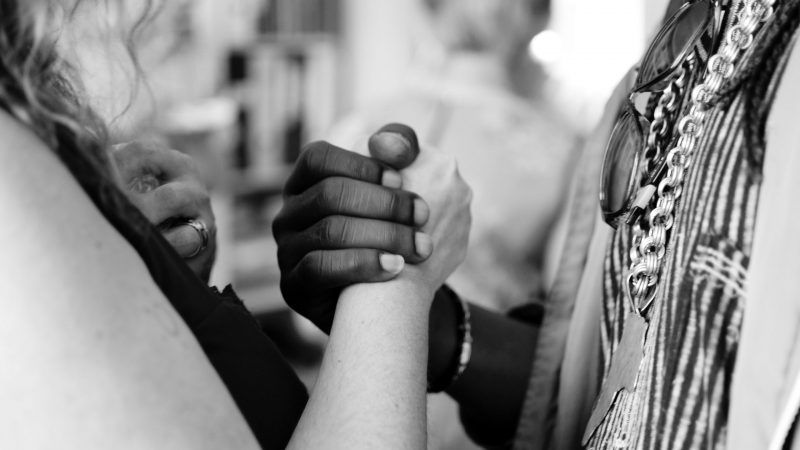
Many buyers will be families, married couples or those in a civil partnership. However, it’s highly likely a fair number will be unmarried couples who, having been forced to wait patiently during the recent pandemic, are now able to realise their dream of buying a property together.
While the last thing I want to do is throw an unwanted legal spoke in any of these couples’ home-owning wheels (especially as it’s now pretty much the norm for couples to buy homes together before they’re married or enter into a civil partnership) but it’s wise to remember unmarried couples still don’t have the same legal rights as a married couple.
This means that given the huge costs involved in buying a house or flat, it is always best to protect your purchase with a cohabitation agreement.
A cohabitation agreement is a straightforward legal document that sets out who will get what if your relationship was to end. It is in no way designed to pre-empt or predict a split (or dampen the excitement of buying your first home together); it is there to give you total peace of mind as to what would happen to your property, assets and even children should the worst ever happen.
The best comparison is probably your household insurance. You don’t take out a policy because you think that the building you’ve insured is actually at any risk. You take it out because you know you are safer with it and because you’d need that financial protection if something was to happen.
Maybe the first thing a cohabitation agreement should confirm is how you own and share your property.
Before you complete your purchase you need to decide whether it’s best for you to enter a joint tenancy or become ‘tenants in common’. These are legal terms we can talk you through to find which suits you best. The important thing to remember is your decision will dictate how your share of the property‘s ownership would be viewed if either of you was to die.
Another common use for a cohabitation agreement is to recognise when one of the partners has paid more than the other when the house was bought thanks to a parental loan or an inheritance. Your cohabitation agreement would set out how the respective shares would be divided should the money ever have to be repaid.
The likelihood that one or both members of a couple will have children from either this or a previous relationship is now higher than ever.
Your cohabitation agreement allows you to outline the particular financial provisions you would like to make for your children should you separate. Or alternatively, confirm your plans to support them lie outside the terms of your agreement.
Most of all though, a properly drafted and correctly executed cohabitation agreement will spare you from the endless arguments and expensive litigation that can often arise when a relationship breaks down.
If you are planning on buying, renting or moving in with your partner and would like to find out more about cohabitation agreements please call me on 020 8429 9914 or email me at Kate.Moran@collinshoy.com.
Photo by Aarón Blanco Tejedor on Unsplash